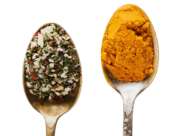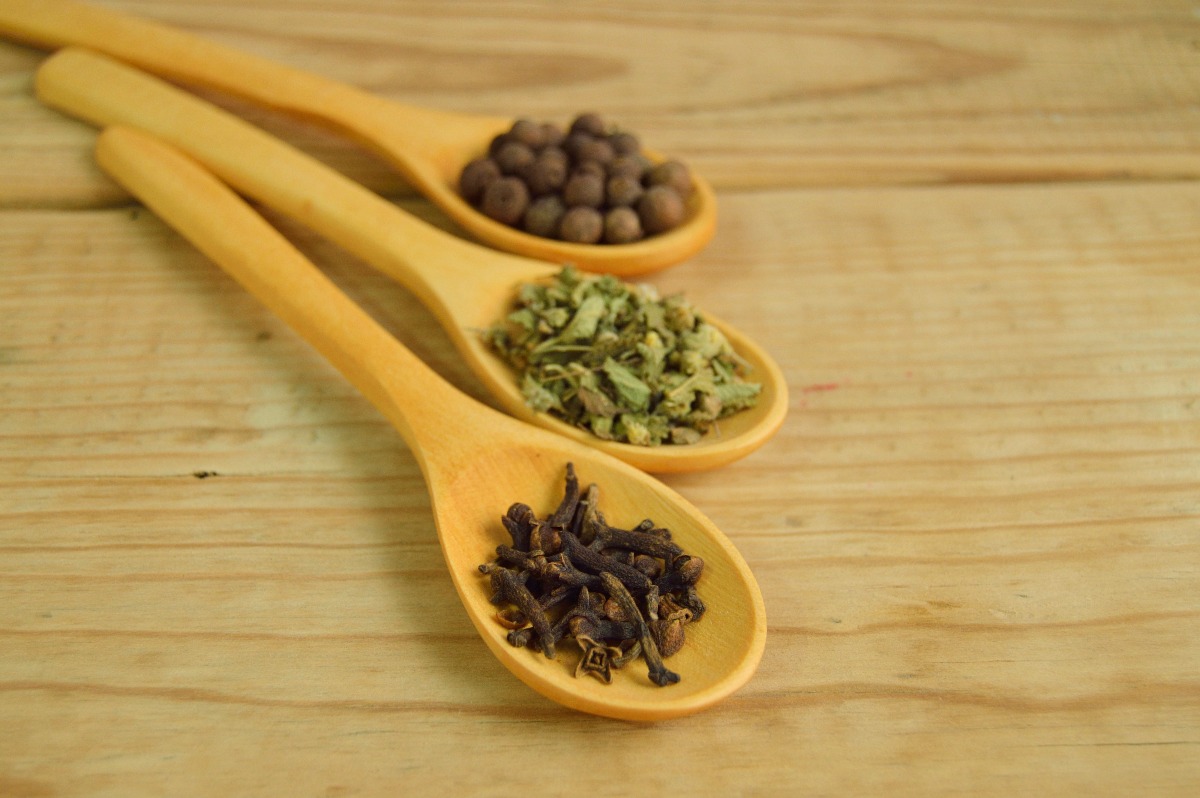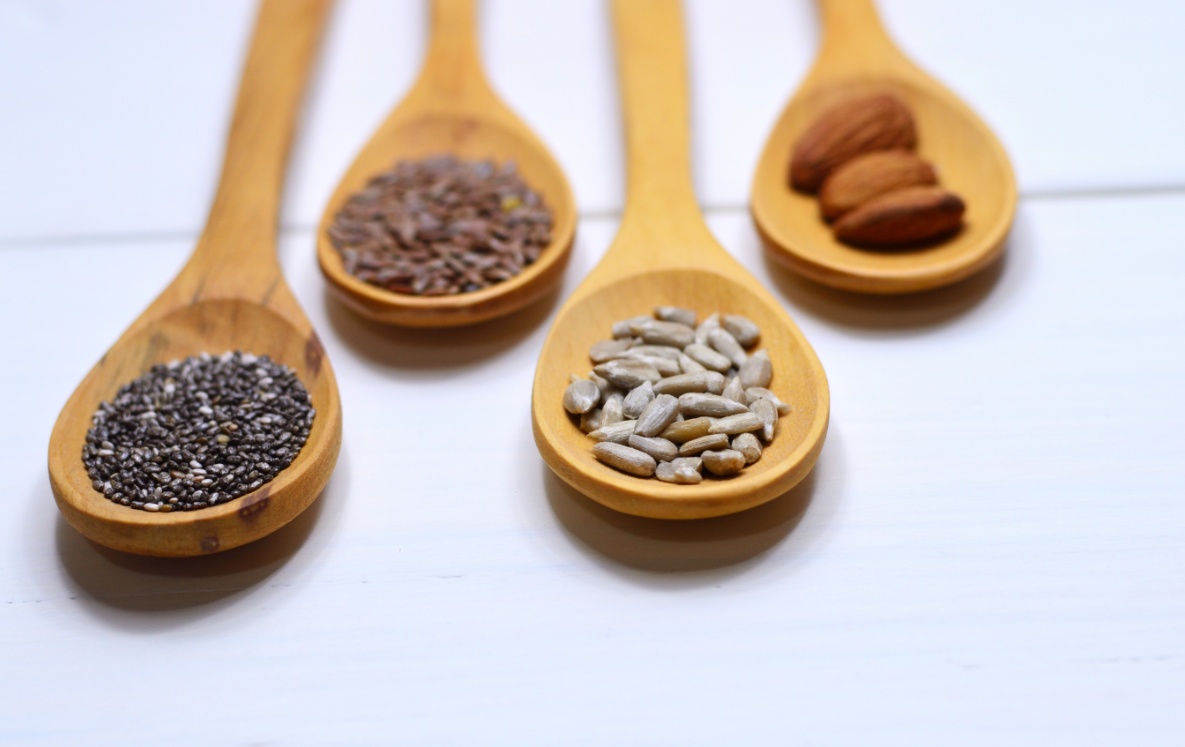The headline is a joke. I don’t believe in superfood. I believe in a balanced vegetable and fruit rich diet with moderate consumption of meat, especially red meat. In other words, I believe in a flexitarian diet.
Superfood, as defined in Wikipedia, is “a marketing term for food with supposed health benefits as a result of some part of its nutritional analysis or its overall nutrient density”.
Flexitarianism is a semi-vegetarian diet, one that is plant-based with a modest inclusion of meat. So we are talking about a diet, namely your food intake habit rather than individual dishes. You’ll find on my website, The Flexitarian Kitchen, a few meat-heavy dishes. So what! It’s an individual dish and eating it doesn’t mean that you aren’t a Flexitarian. Examine your overall eating habits, that’s the real question.
Back to superfood. Reading today’s NY Times article Do Cruciferous Vegetables Really Fight Cancer? I pondered about this part: “A person’s genetic makeup may help to explain the inconsistent findings. Scientists recently learned that half the population does not carry a gene that determines how long the body retains and uses the protective compounds derived from these vegetables.” And that’s the problem with the long line of superfoods, which came and then, once the “marketing hype” is over, fade into oblivion or just lose their s
Rather than chasing the latest superfood fad, why not go back to eating habits practiced by most peoples in East and West over thousands of years. Evolution has probably eliminated those people with extremely unhealthy eating habits, a
Yet, if you need the superfood hype, here is what you must eat – in 2018 – according to Scarlett Dixon, “a U.K.-based journalist, lifestyle blogger, and YouTuber, who is passionate about sharing this message”:
- cold-pressed almond, cashew, walnut, and hazelnut oils, a healthier alternative to the average olive, vegetable, or sunflower varieties. Really – healthier than cold pressed extra virgin olive oil? She means “average olive oil”. Aha, comparing apples with oranges.
- Moringa, “packed” with vitamin C, calcium, potassium, and amino acids, the fine, velvety powder from the fast-growing Moringa tree, native to India, Pakistan, and Nepal. Sprinkle it on smoothies, yogurts, and juices.
- Chaga mushrooms with a high level of antioxidants with studies showing that it increases the production of immune cells.
Spare me the rest of the details about Cassava flour, watermelon seeds, maqui berries, tiger nuts, probiotic waters and rather read for yourself.
If this sounds like humbug to you, it probably is. But enjoy – if you don’t overdo it, it’s probably harmless to your health. It’s good business for food and health influencers and the company’s behind them. Looking forward to the 2019 superfood list, Scarlett!



